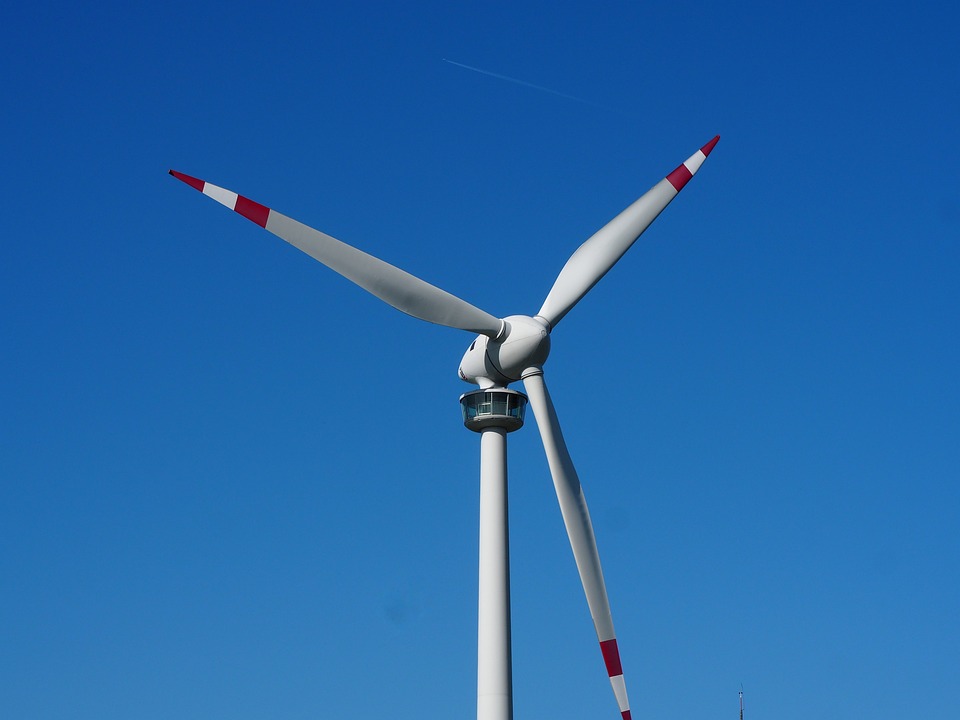The Impact of 5G on the Power Industry: Enhanced Grid Communications and IoT Applications
The energy sector is on the cusp of a revolution with the advent of 5G technology. The faster data transfer rates, lower latency, and increased connectivity of 5G will have a profound impact on the power industry, enabling the widespread adoption of IoT applications and enhanced grid communications.
Enhanced Grid Communications
Traditional power grids rely on aging infrastructure and limited communication networks, which can lead to inefficiencies, outages, and disruptions. 5G’s high-speed and low-latency capabilities will enable real-time monitoring and control of the grid, allowing for more efficient and reliable energy distribution.
Real-Time Grid Monitoring
5G’s low latency will enable utilities to monitor grid conditions in real-time, allowing them to respond quickly to changes in demand or supply. This will reduce the risk of outages and enable more efficient maintenance and repair of grid infrastructure.
Improved Grid Automation
5G’s high-speed data transfer rates will enable the widespread adoption of grid automation technologies, such as smart sensors and advanced control systems. These technologies will enable utilities to optimize energy distribution, reduce energy losses, and improve overall grid reliability.
IoT Applications in the Power Industry
5G’s increased connectivity and low latency will enable the widespread adoption of IoT applications in the power industry, such as smart meters, smart grids, and predictive maintenance.
Smart Meters
5G’s low latency and high-speed data transfer rates will enable smart meters to transmit real-time usage data to utilities, enabling more accurate billing and reduced energy waste.
Smart Grids
5G’s increased connectivity will enable the widespread adoption of smart grids, which will enable real-time monitoring and control of energy distribution. This will reduce energy losses, improve grid reliability, and enable more efficient energy distribution.
Predictive Maintenance
5G’s low latency and high-speed data transfer rates will enable predictive maintenance applications, which will enable utilities to detect potential equipment failures before they occur. This will reduce downtime, improve equipment reliability, and reduce maintenance costs.
Benefits of 5G in the Power Industry
The benefits of 5G in the power industry are numerous, including:
- Improved grid reliability and efficiency
- Reduced energy losses and waste
- Improved customer experience through real-time energy usage data
- Reduced maintenance costs and downtime
- Increased adoption of IoT applications
Challenges and Opportunities
While the benefits of 5G in the power industry are numerous, there are also challenges and opportunities that must be addressed:
- Security and cybersecurity concerns
- Infrastructure upgrades and investment
- Standardization and interoperability
- Workforce training and development
Conclusion
In conclusion, the impact of 5G on the power industry will be significant, enabling the widespread adoption of IoT applications and enhanced grid communications. The benefits of 5G in the power industry are numerous, including improved grid reliability and efficiency, reduced energy losses and waste, and improved customer experience. While there are challenges and opportunities that must be addressed, the potential rewards of 5G in the power industry make it an exciting and transformative technology.
FAQs
Q: What is the main benefit of 5G in the power industry?
A: The main benefit of 5G in the power industry is its ability to enable real-time monitoring and control of the grid, reducing energy losses and improving grid reliability.
Q: How will 5G impact the adoption of IoT applications in the power industry?
A: 5G’s increased connectivity and low latency will enable the widespread adoption of IoT applications in the power industry, such as smart meters, smart grids, and predictive maintenance.
Q: What are the challenges of implementing 5G in the power industry?
A: The challenges of implementing 5G in the power industry include security and cybersecurity concerns, infrastructure upgrades and investment, standardization and interoperability, and workforce training and development.
Q: When will 5G be widely adopted in the power industry?
A: The widespread adoption of 5G in the power industry is expected to occur in the next 5-10 years, as utilities and technology companies continue to develop and deploy 5G-enabled grid infrastructure.
Q: What are the potential applications of 5G in the power industry beyond grid communications and IoT?
A: The potential applications of 5G in the power industry beyond grid communications and IoT include advanced data analytics, artificial intelligence, and machine learning, which will enable utilities to optimize energy distribution and improve overall grid efficiency.


.png?w=150&resize=150,150&ssl=1)



_2.png?w=150&resize=150,150&ssl=1)
_1.png?w=150&resize=150,150&ssl=1)